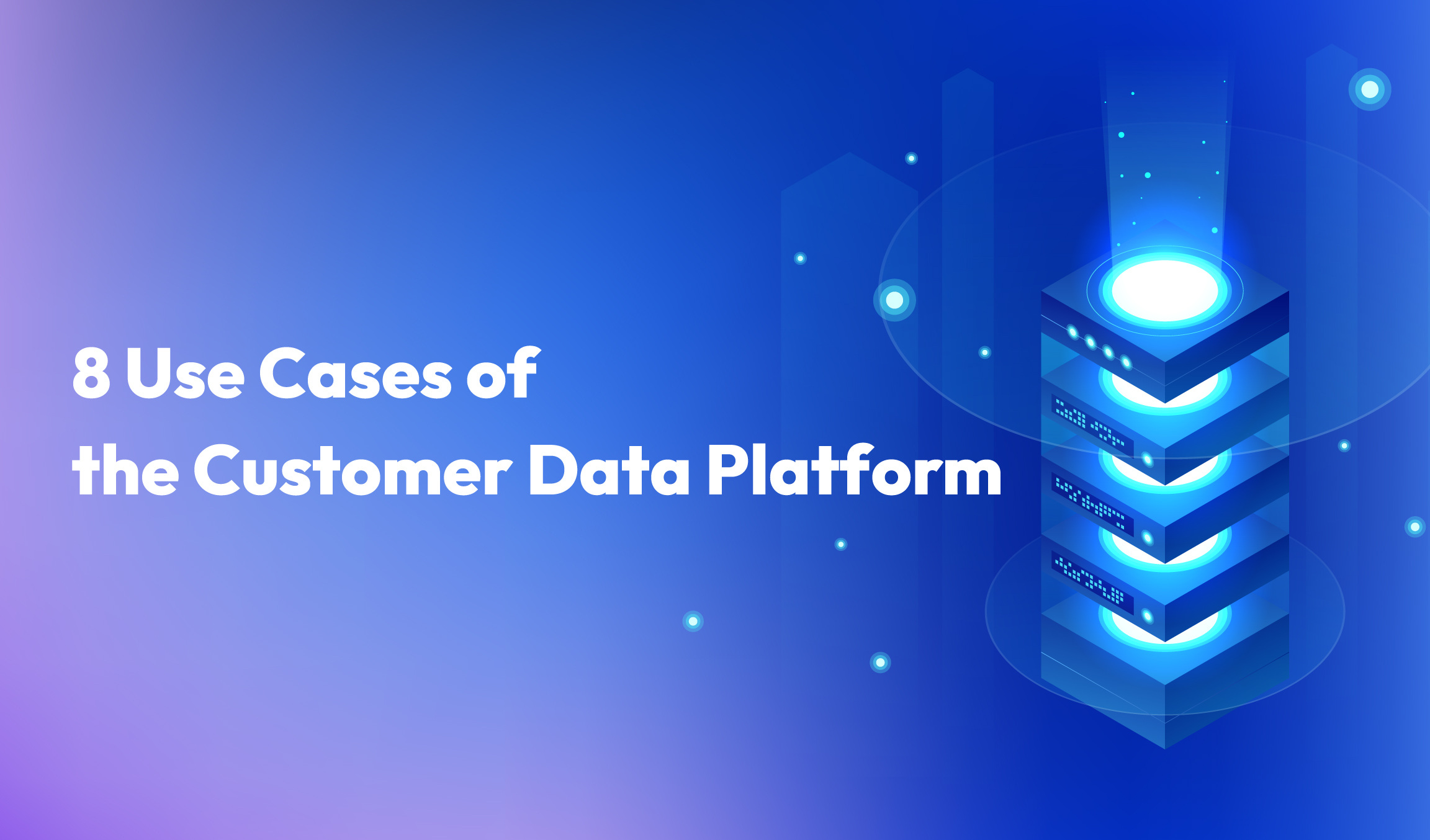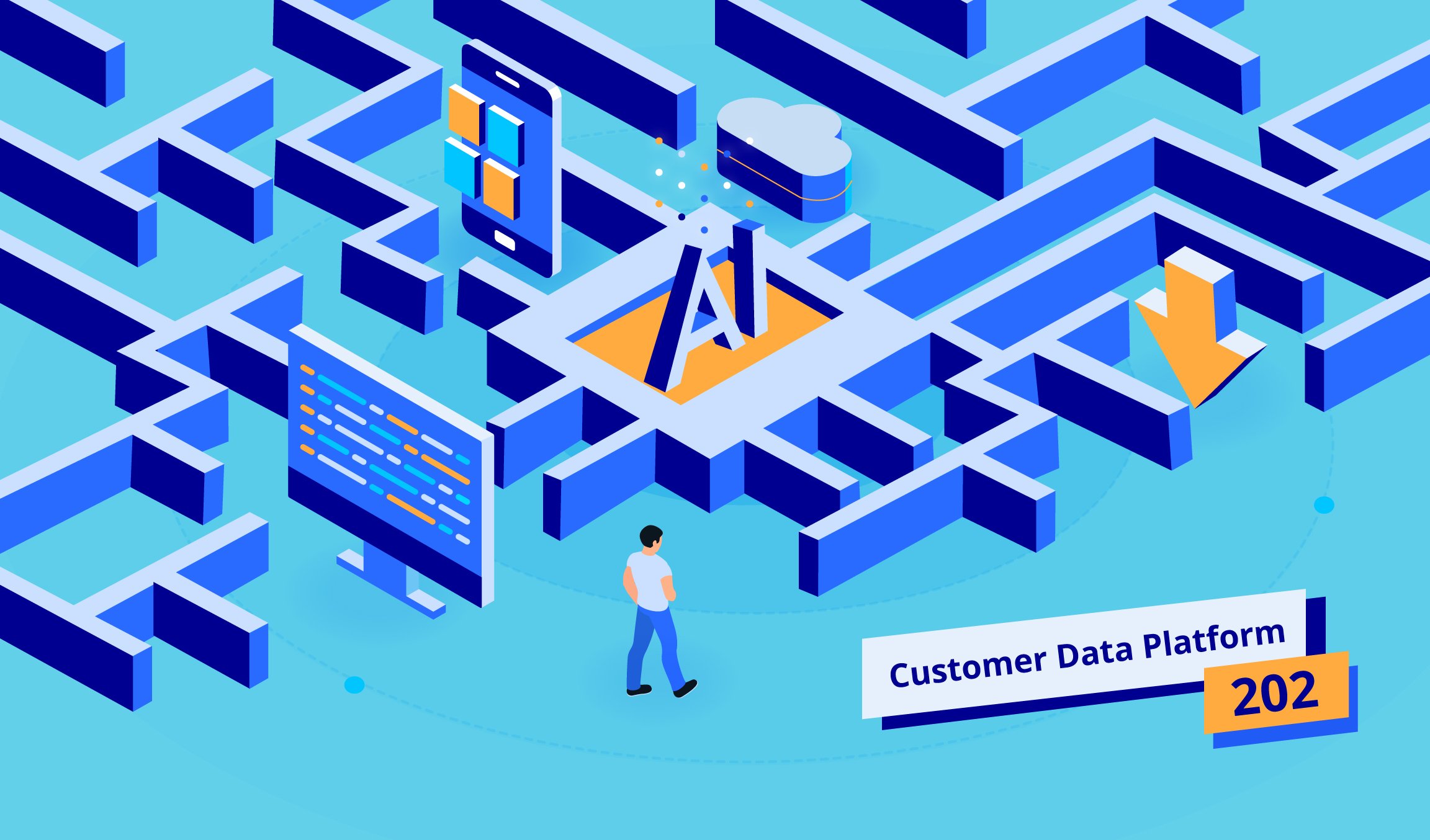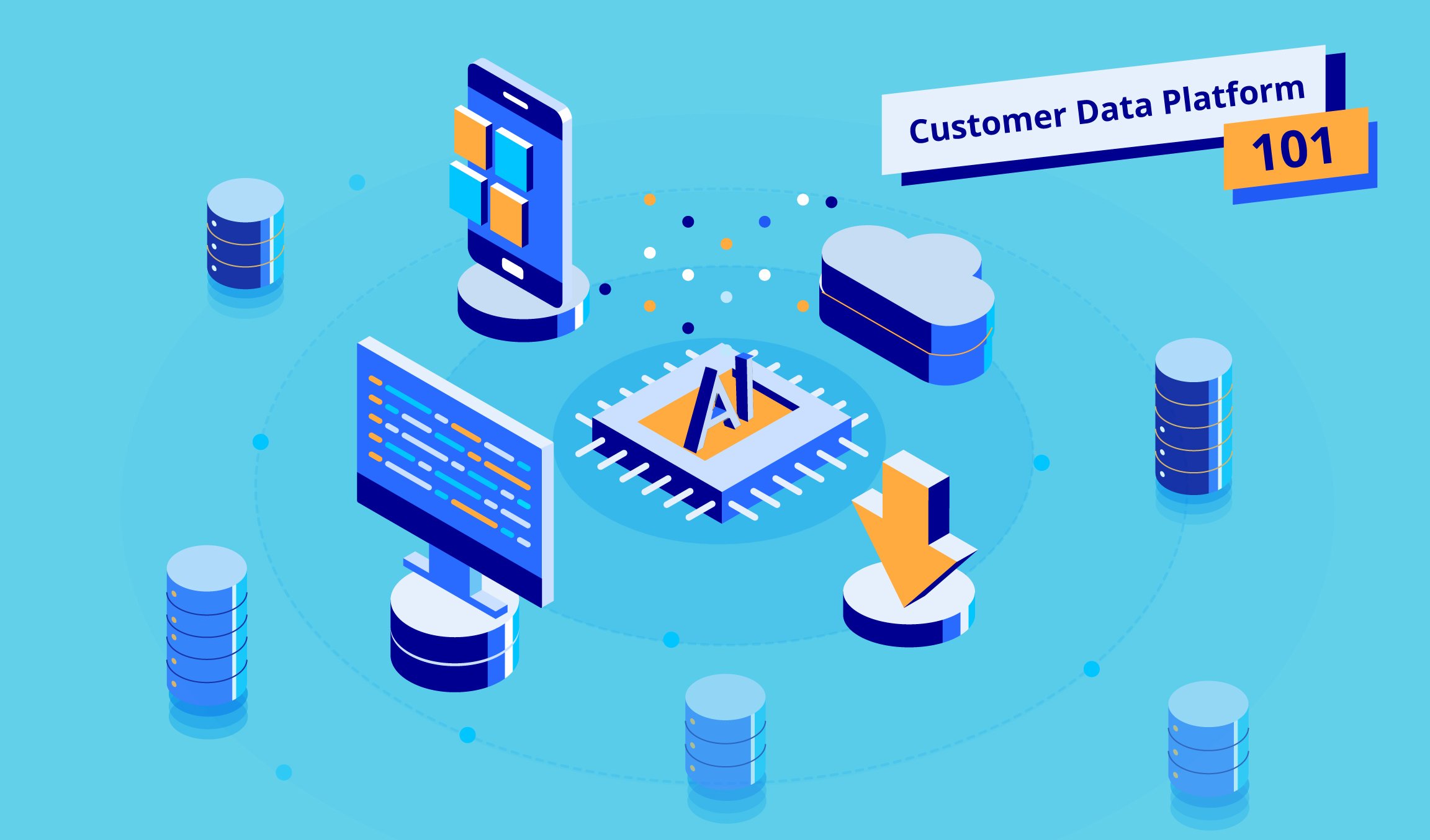3 min read
Much continues to be made of artificial intelligence’s (AI) capabilities, and it has proven its value in business in areas such as cost-cutting and efficiency. Singapore is undoubtedly a hub for AI in Asia Pacific (APAC), particularly in Southeast Asia (SEA), and in 2019 we will continue to see steady progression towards AI adoption in Singapore.
According to a survey conducted by Appier and Forrester in September 2018, 50 percent of businesses in telecom, insurance, finance, IT and retail in Singapore have adopted AI solutions somewhere in the organization. Thirty-one percent of those who have not yet adopted AI plan to do so by mid-2019. Businesses in Singapore are interested in applying AI to improve existing solutions and processes, rather than using AI to drive innovation (which is the case in places such as Taiwan, South Korea and Indonesia).
Business leaders continue to understand that AI is a critical part of transforming and staying competitive, though many will face challenges as they find that AI adoption and implementation is harder than they have been led to believe. Critical research into business processes and problems- and the right AI solutions for each one- will be required for success with AI.
The right talent is also vital for successful AI adoption. The Singapore government will continue to encourage people to study computer science and will work with the technology industry to train both current and future employees on AI trends and techniques. The talent pool in Singapore will continue to grow, particularly as it is an attractive place to live and it’s easier to hire people from other countries in Singapore than it is in other parts of Southeast Asia. Geographically, Singapore is a good place for access to multiple regional languages. We can therefore expect natural language processing (NLP) to become a strength in Singapore and further cement Singapore as an AI hub.
Fintech is also a big focus in Singapore thank to its reputation as a banking hub. AI is one of the main trends in fintech (alongside cryptocurrency) and there are several applications of AI including insurance, lending (i.e. credit prediction) and wealth management. The strong finance industry in Singapore and the government’s progressive plan to push AI into all industries means we can expect to see more AI in finance and fintech, which is therefore likely to fuel growth of fintech startups.
AI will also continue to solve more sophisticated problems, particularly as we see advancements in deep learning, the most advanced branch of AI technology. The ability to collect and process huge amounts of data will be vital for maintaining momentum in this area, and ‘data readiness’ will be a key focus for Singapore in 2019. The Appier-Forrester study also found that the biggest problem organizations face across APAC, including Singapore, is gathering, unifying and integrating data. Large organizations will work towards setting up data centers in the region, and Singapore is an ideal location considering factors including the thriving technology industry and a legal system conducive to such initiatives. At the same time, as government continues to drive Singapore towards becoming a Smart Nation, a strong infrastructure is critical. Much of this relies on being able to access and use large amounts of citizen data, upon which key AI applications can be built.
We will also see AI and automation work more closely together. Automation has already proven effective in getting repetitive (and often boring) tasks done quickly, but not always intelligently. For example, automation is useful for sending out mass emails. Supported by AI, content can still be sent broadly, but with more effective targeting when it comes to timing, content, recipients, etc. The application of AI will enhance automation so that tasks can be done fast and at scale, but with more useful outcomes.
All this said, businesses in Singapore will remain somewhat cautious about AI adoption. AI providers must verify their solutions and demonstrate transparency. Consumers everywhere are becoming more vigilant with regards to how brands and services are using their data, and in turn, these businesses need to be assured that any AI tools they employ or data experts they hire will be equally careful and responsible with personal data, while at the same time optimizing it to increase relevance and timeliness for customers.
In 2019 therefore, the biggest impact of AI will not come from large-scale applications such as self-driving cars, but rather from continued advancements and developments that will see AI further grow as an invisible and powerful force in business and in people’s everyday lives.
* This article was originally published on Enterprise Innovation.



